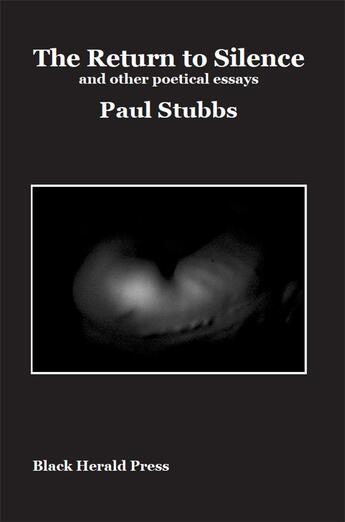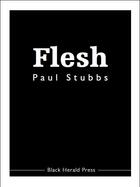Résumé:
In The Return to Silence, Paul Stubbs' first collection of poetical essays, we find him tussling with Baruch Spinoza, Friedrich Hölderlin, Simone Weil, Yves Bonnefoy, Arthur Rimbaud, and E. M. Cioran, thinkers and writers whose own struggles with silence evoke the very silence this author seeks... Voir plus
In The Return to Silence, Paul Stubbs' first collection of poetical essays, we find him tussling with Baruch Spinoza, Friedrich Hölderlin, Simone Weil, Yves Bonnefoy, Arthur Rimbaud, and E. M. Cioran, thinkers and writers whose own struggles with silence evoke the very silence this author seeks himself to return to. Whether for the mystic, the philosopher or the poet, silence is life's most inescapable accompaniment and, by virtue of what speaks most deeply of the ineffable presence of the soul, its purest. Thus each of these essays re-directs the reader beyond despair or hope, to reach an eschatological prolepsis, an anticipation of a life lived always on the extreme though invisible edge of the world; that is while thinking always against the contemporary thought of the day. And as such in each essay we find, after the demise of the idea of burdensome selfhood, Kierkegaard's 'single individual', he or she who is forced, in every century, to arrive at the most absurd and paradoxical stage of life when, having passed fearlessly into the unknown, and at the cost of their own personal discipleship, they are isolated in the presence of God and, perhaps as an eternal consequence, become even more of an independent force in this world.
Donner votre avis









